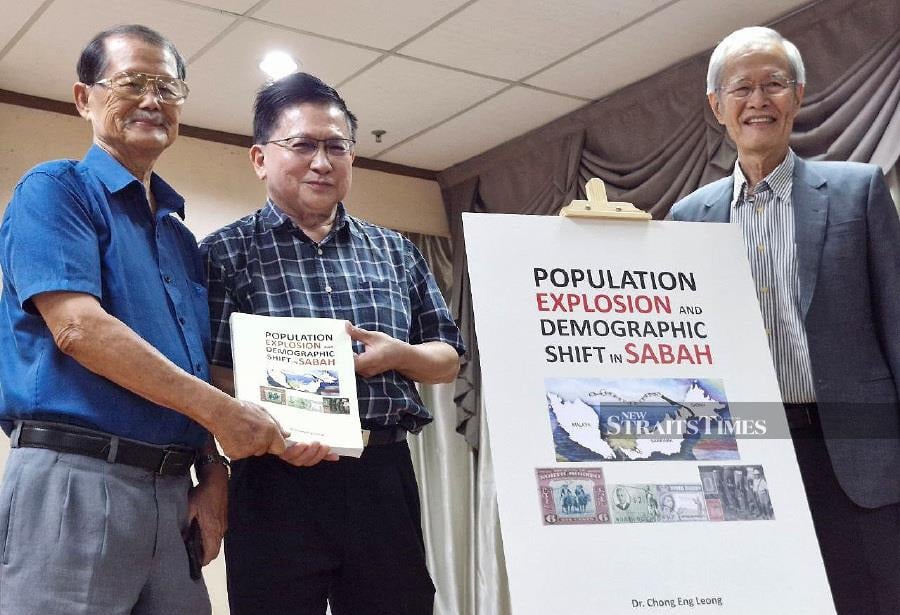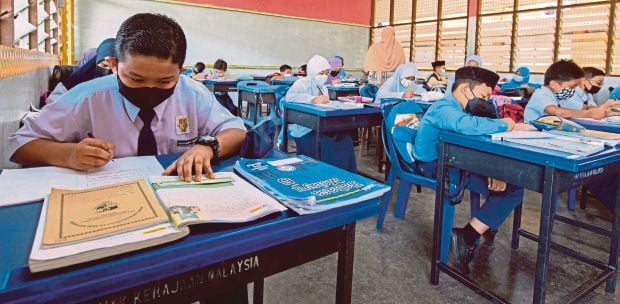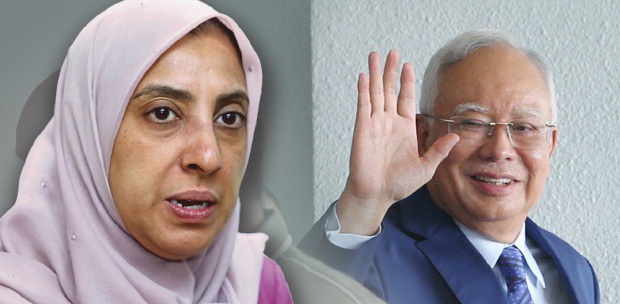KOTA KINABALU: A 419-page book written by a Sabah surgeon serves as a reminder that urgent action is needed to protect the rights of the people in the state, says former Chief Judge Tun Richard Malanjum.
He was referring to Dr Chong Eng Leong's second book, titled "Population Explosion and Demographic Shift in Sabah".
Describing the book as an essential historical document for future reference, Richard warns of the negative impacts of issues highlighted by the author.
"(The book) cited newspapers and the royal commission of inquiry (reports on the presence of illegal immigrants in Sabah).
"These are crucial dots that you can connect in the future. Then you'll see why abrupt increases in a country's population typically have an impact on the welfare of local residents (in terms of national resources for medical, utility, and other social services).
"That is why when migrants come into another country, there is a lot of resistance, even in Europe," said the guest-of-honour during Dr Chong's book launch at the state museum here.
Richard, who is appointed as an ombudsman to the United Nations Security Council, added that since the book had identified the problems, it should come with solutions.
"Can we find the solution? I think this is not only for politicians to think about, but for every one of us.
"If we are unable or unwilling to act, future generations might urinate on our graves.
"This book is not only for us to ponder; it is to ensure future generations will not curse us for not doing anything (now)."
Meanwhile, Dr Chong called on Sabah leaders to exhibit political will in addressing the matter and urged federal leadership to genuinely collaborate for a lasting resolution.
He proposed tackling corruption among enforcement staff, setting up a Philippines consulate in Sabah, and establishing a special state secretariat overseeing immigrant management.
Dr Chong also dedicated the book especially to the younger Sabahans who would like to know the reasons behind the drastic change in Sabah's demography since the formation of Malaysia.
After selling 1,000 copies of the book, priced at RM80 each, Dr Chong plans to use the proceeds to launch a website where the public may learn more about the subject.
For those interested in purchasing the book, visit https://www.facebook.com/sabahpopulation.





